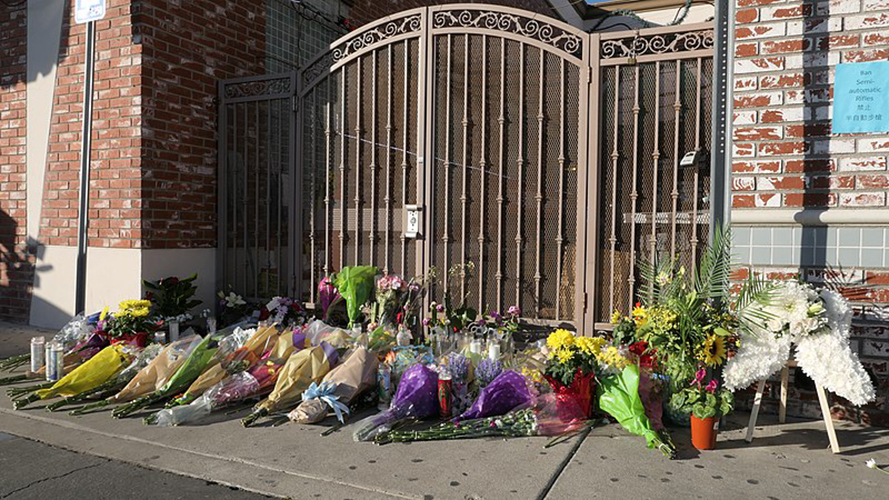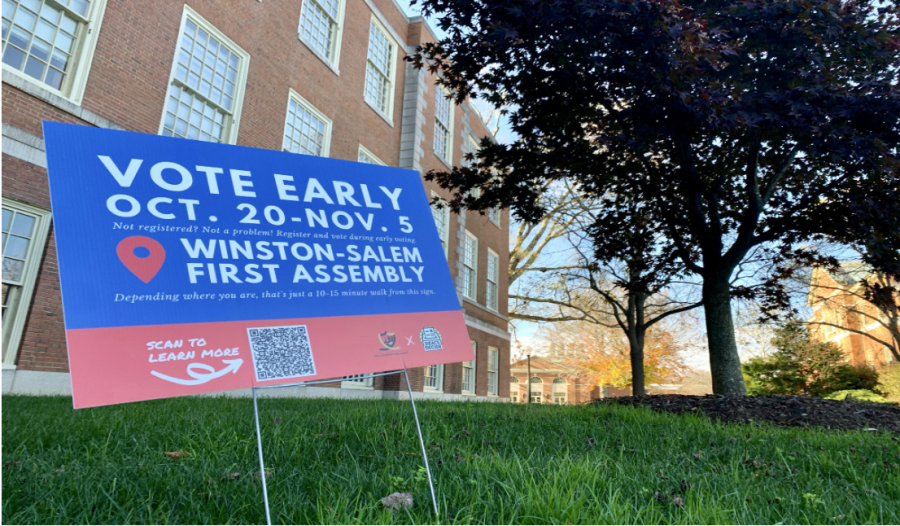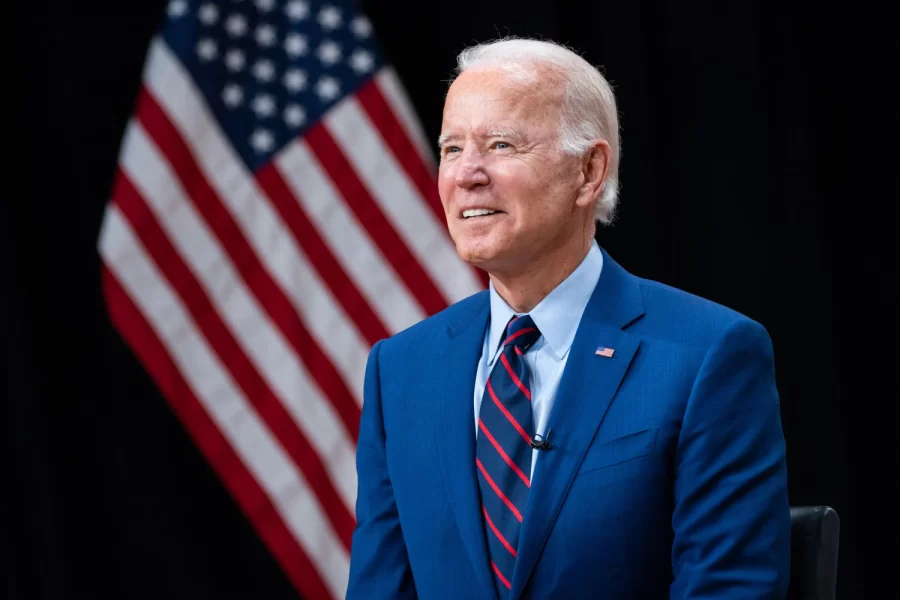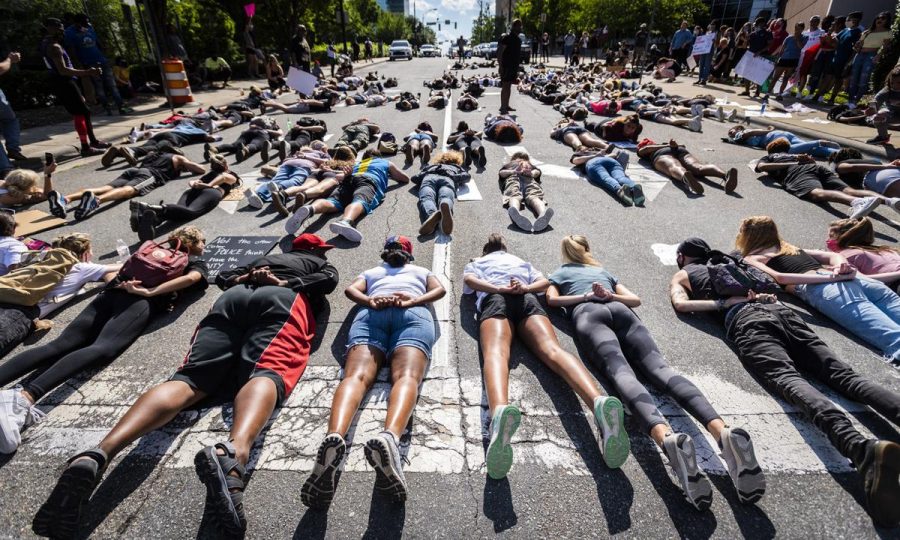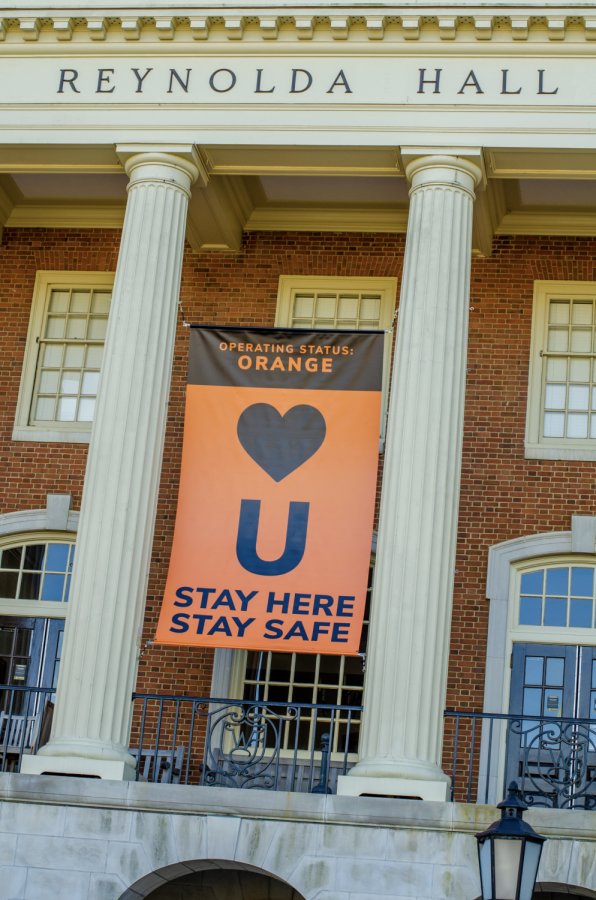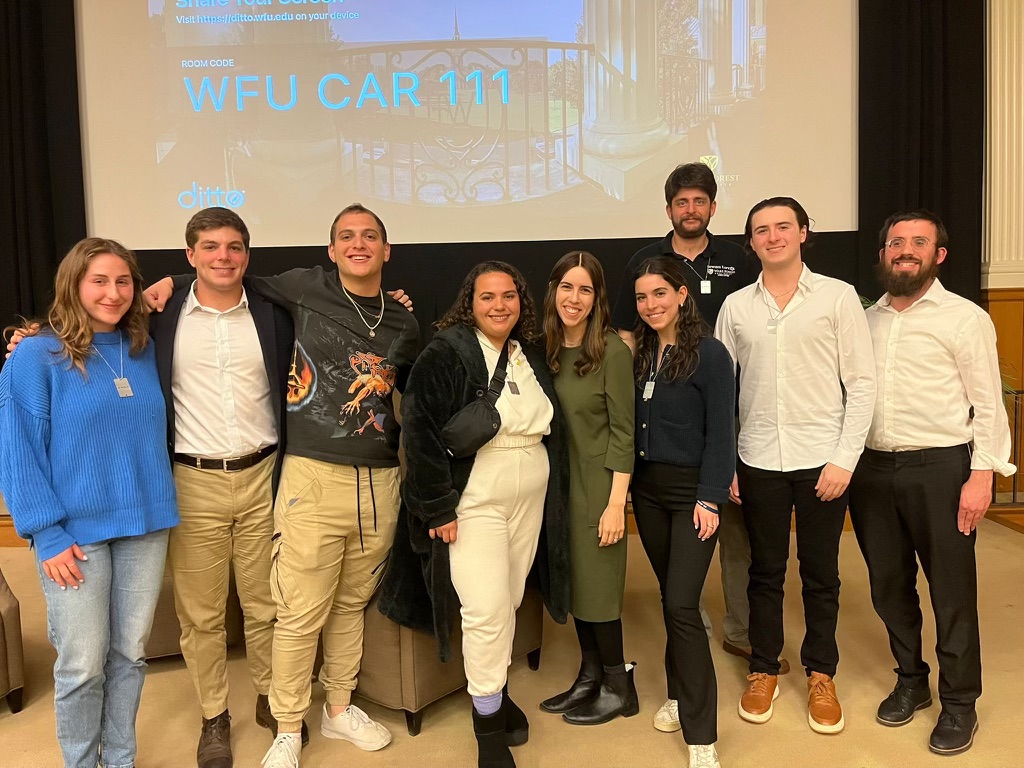When the recent violence at Charlottesville white nationalist “Unite the Right” rally gained national news coverage, it shocked the nation.
To those who aren’t typically the targets of hate crimes, events like these and the extremist ideologies of those involved seem distant and few and far between.
Former deputy U.S. attorney general Sally Yates gave voice to this common conception when she took to Twitter to condemn the rally.
“The poison spewed by Nazis, white supremacists, and the KKK is not who we are as a country,” Yates said.
The work of eight Wake Forest students in a journalism independent study concerning chronicling these crimes, however, shows that hate is as American as ground beef.
Led by Guest Instructor Jordan Green from Triad City Beat, and junior Kellie Shanaghan, the journalism minors meet twice weekly — as a group on Sundays and in pairs throughout the week — to comb social media for leads concerning victims targeted by hate crimes using sophisticated search tools and verification methods.
Wake Forest is the smallest of five schools partnering with Documenting Hate, a yearlong initiative by ProPublica, an independent, nonprofit newsroom that produces investigative journalism in the public interest, to develop a database that can inform reporters about incidents that may be unreported or about trends.
Shanaghan has a weekly conference call with ProPublica staff and the volunteer students from the University of Miami School of Communication, CUNY Graduate School of Journalism, Human Rights Center, UC Berkeley School of Law and Texas State University School of Journalism and Mass Communication.
The schools rotate through sets of topic-focused search keywords on a monthly basis. This month, Wake Forest students are studying online harassment, while other schools research verbal and physical violence and vandalism.
According to Green, who began his career as a professional journalist in 2003 when the only form of social media available was blogging, the idea of data and research journalism and social media newsgathering originates from reporting on conflicts in Syria where it was too dangerous for reporters to be on the ground and information was collected from online videos and reliant on citizen journalism.
“In the past five years, society has moved to a place where social media is so ubiquitous that anything traumatic that happens in someone’s life has a record” Green said.
The eight student journalists, who are all journalism minors but have a variety of majors, including sociology and political science, are tracking hate incidents across the country by collecting data from the public
The collection of this data is also important because hate crimes may be severely underreported by federal agencies and law enforcement.
An Associated Press investigation in 2016 found that at least 2,700 city police and county sheriff’s departments fail to report hate crimes to the FBI, and the FBI itself has identified at least 120 federal agencies that aren’t submitting information on alleged or convicted hate crimes.
As a result, Mississippi and Hawaii reported zero hate crimes in 2015, while Arkansas and Alabama reported just eight and 12, respectively. There is no documentation of “lower-level” incidents of online or in-person harassment and intimidation.
The ProPublica database is also much more timely. It also creates a dynamic database that is actively The FBI’s 2015 hate crime statistics, which showed a 6.8 percent increase in all reports from 2014 to 2015, were not released until Nov., 2016, and the 2016 data has not yet been released.
A Center on Islamic-American Relations report on anti-Muslim crimes showed a 91 percent increase in reported incidents between January and July from 2016 to 2017. The 2015 FBI data charted a 67-percent increase in anti-Muslim hate crimes; however, the volume of crimes also appears much smaller in FBI reports.
In addition to the Triad City Beat, the project’s media outlet partners include The Google News Lab, the New York Times Opinion Section, BuzzFeed News, Meedan, The Root, Latino USA and The Advocate, as well as civil-rights groups such as the Southern Poverty Law Center.








